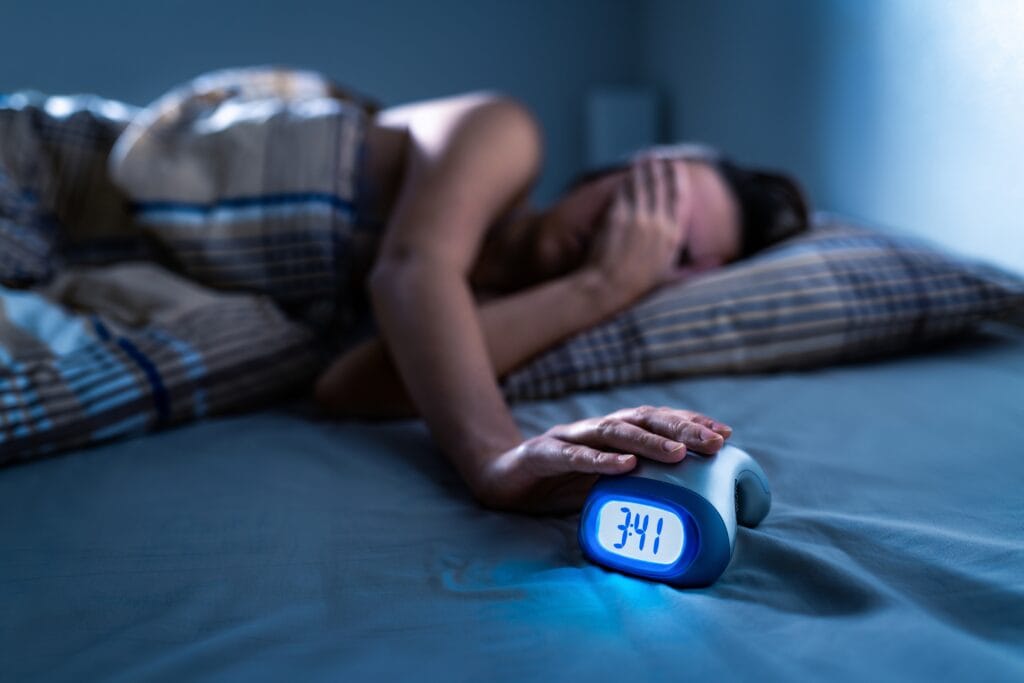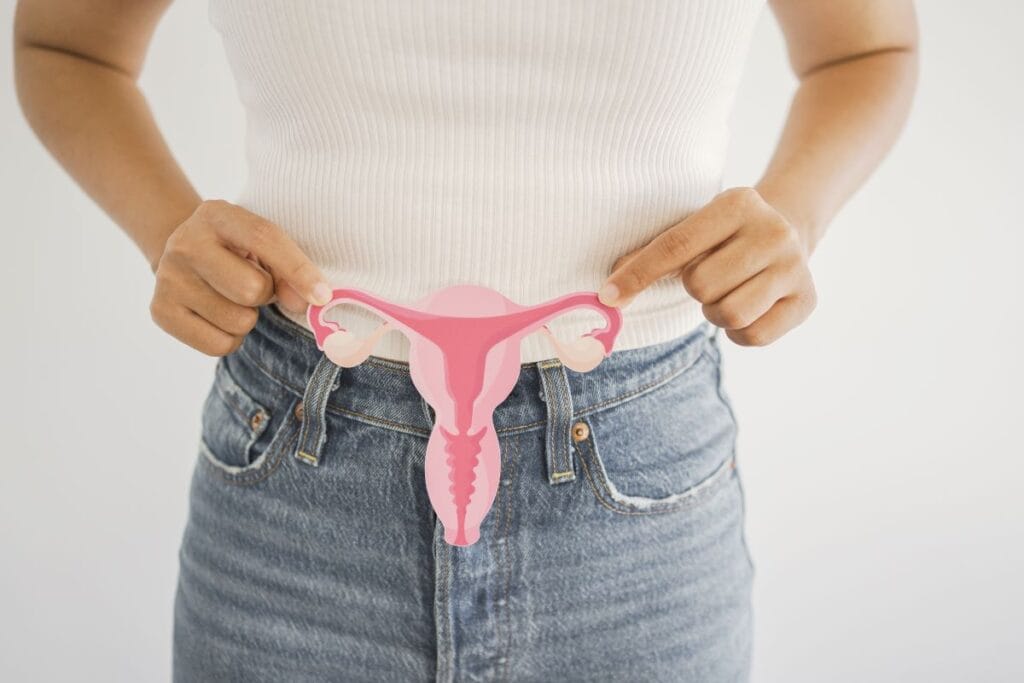Headaches are among the most common health complaints worldwide, affecting people of all ages and lifestyles. While they can often be a minor inconvenience, understanding their causes can help you address the problem effectively and improve your quality of life.
An Unavoidable Part of Daily Life

Headaches can affect anyone, whether it’s from hunching over a computer screen, poor sleep, or skipping a meal. While they’re often a temporary nuisance, headaches can significantly impact your focus and energy. Here, we explore some of the most common causes of headaches and provide tips to ease the pain.
Tension in the Neck

Tension headaches are often caused by tight neck muscles due to poor posture or stress. Regular stretching exercises and taking short breaks throughout the day can reduce the risk.
Dehydration

When your body lacks adequate hydration, blood flow to the brain can be affected, triggering headaches. Make sure to drink plenty of water, especially on hot days or after physical activity.
Hunger

Skipping meals can cause blood sugar levels to drop, leading to headaches. A small, healthy snack can quickly alleviate the issue.
Poor Sleep

Lack of sleep or irregular sleep patterns can contribute to headaches. Prioritize a consistent bedtime and create a calming sleep environment for better rest.
Caffeine

Both too much and too little caffeine can lead to headaches. If you’re cutting back on caffeine, do so gradually to avoid withdrawal symptoms.
Stress

Stress can cause muscle tension, leading to headaches. Regular exercise and mindfulness practices can help reduce stress levels.
Screen Time

Excessive time in front of a screen can strain your eyes and trigger headaches. Remember to take breaks and adjust your screen’s brightness to a comfortable level.
Weather Changes

Shifts in weather can affect blood vessels in the brain, causing headaches in some people. Be mindful of weather’s impact and plan activities accordingly.
Hormonal Changes

Hormonal fluctuations during menstruation or pregnancy can trigger headaches for some women. Keeping a journal can help identify patterns and potential triggers.
When to Seek Help

If your headache is persistent or unusually severe, consult a doctor. It may be a sign of an underlying condition that needs medical attention.
Understanding these common causes of headaches can empower you to take steps to reduce or even prevent them entirely.
This article is based on information from Samvirke.dk.
